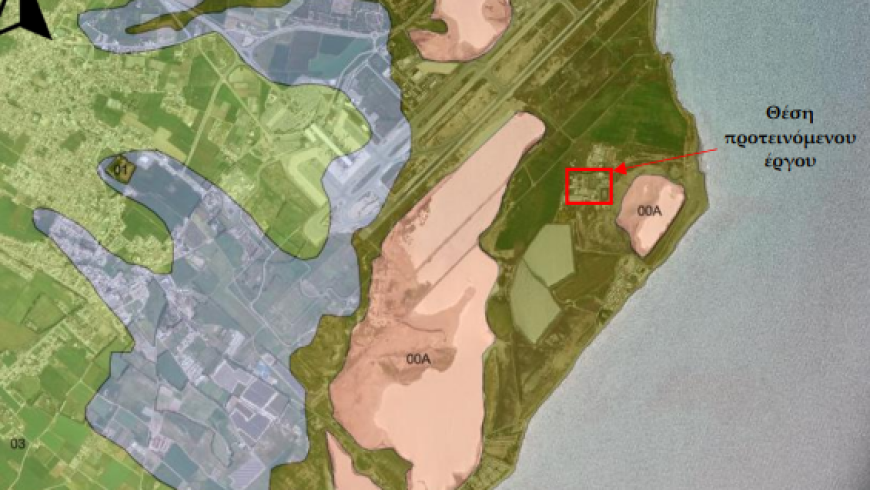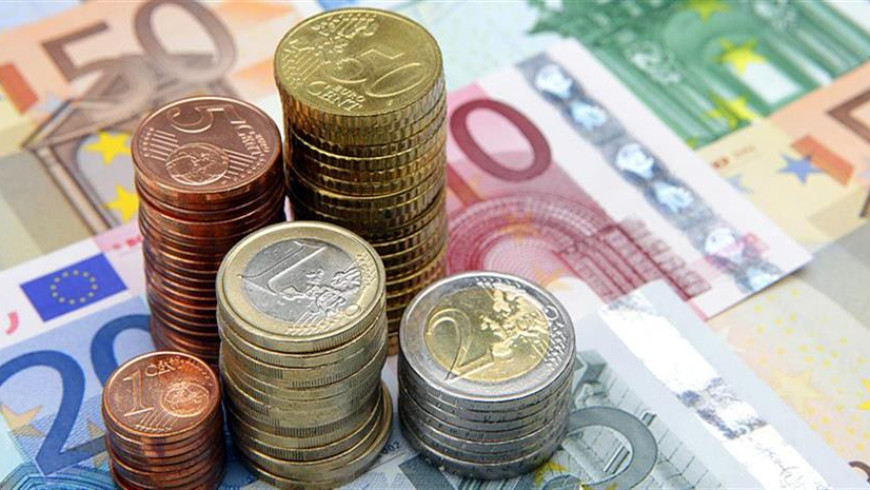The evolution of a rentier economy and the suppression of economic welfare

What is wealth
Wealth approximates to the net worth of individuals. To quote Wealth Inequality [1], wealth is defined as:
“The “net worth,” [which is] the sum total of your assets minus liabilities. Assets can include everything from an owned personal residence and cash in savings accounts to investments in stocks and bonds, real estate, and retirement accounts. Liabilities cover what a household owes: a car loan, credit card balance, student loan, mortgage, or any bill yet to be paid”.
The total of the balance sheet net worth of all individuals is therefore a notional measure of the wealth in a country. The wealth of a nation increases with productive and economically viable capital investment projects and decreases with ventures that use up more economic resources than they generate in customer benefits. Hence, economic welfare increases with the former while the latter decreases total wealth in an economy and often leads to wealth extraction.
Money is not wealth
Money is at best a means to acquiring wealth. But it has no intrinsic value itself. It is a promise to pay. Nothing more. And a promise is only as good as the one who makes it is trustworthy and able to fulfil it. Moreover, a payment in money changes with whatever the amount of money promised can purchase at the time it is demanded. Hence, although cash is an asset in one’s balance sheet it is not wealth in the sense of having goods and services but only in so much as it is possible through it to acquire such real assets. In an economy that does not create new wealth and thereby add new assets, the value of money is likely to diminish as “too much money would be chasing too few goods”, which is of course the definition of inflation. It is therefore imperative that a productive economy creates new wealth for all rather than being employed to transfer existing assets from the many to the very few. The value of money also decreases with the issuing of new money which is not employed in productive and economically viable uses. This is at the very core of a dysfunctional banking system nowadays that is based almost exclusively on collateral lending rather than on a proper assessment of repayment capability of the borrower and the economic viability of the project to be financed, ([2] Savvides 2022).
Extreme wealth inequality as exists in the world today, ([3] Davies, Lluberas and Shorrocks 2023) and the risk aversion preference of the wealthy leads towards wealth extraction rather than wealth creation where debt peonage through a defunct and rather unregulated banking system transfers existing wealth and results in a rentier economy, ([4] Savvides 2024).
A rentier economy
A rentier economy is one that extracts rents from existing assets rather than from creating new ones that add to the total wealth of a country. The term is usually referring to “unearned income” through finance, insurance, and real property (often denoted with the acronym FIRE). Rents in the main provide the owner of such assets with a secured and a rather riskless income.
Even economists who were defending the existence of rentiers could only do so on the premise that banks finance productivity. Consider the statement put forward at the end of the 19th century against what was core in the Economics of Adam Smith, Stuart Mill and Marshall whose logic led to the idea of Government to support industry instead of the landlords and the financial classes who were getting a free lunch, by extracting rather than creating wealth. By the late 19th century, the rentiers fought back by arguing, like John Bates Clark, who denied that economic rent was unearned. He redefined it as payment for the landlords’ labour and enterprise, not as accruing “in their sleep” as J. S. Mill had characterized it. Interest was depicted as payment for the “service” of lending productively, not as exploitation. Indeed, this was the argument put forward to defend the position of the rentiers that they are not getting a “free lunch” and that they earn it by providing a key service to the real economy. The charging of interest was justified as the earned payment for the “service” of lending productively, ([5] Hudson 2019).
Conclusion
It is rather astounding that even the biggest defenders of financiers then could only seek to justify interest if the loan was a productive one. This has huge implications if applied by financiers. The prime criterion for granting a loan today however is essentially the balance sheet position of the borrower and the recourse that may be available to the bank in case the loan is not performing. The repayment capability and whether the loan finances productivity is not, as it should be, the prime criterion for granting a loan. The departure from this premise by banks facilitates the creation of a rentier economy and coupled with extreme wealth inequality in the world today it leads to wealth extraction and asset transfer rather than wealth creation. The result is debt peonage and a reduction in general economic welfare.
References:
- Wealth Inequality, https://inequality.org/
- Savvides, Savvakis C. (2022), “The disconnect of funding from wealth creation”. World Economics Journal, Vol. 23, No. 2, June 2022.
- James Davies, Rodrigo Lluberas and Anthony Shorrocks (2023), “Global Wealth Report 2022”, Global Wealth Databook 2023, Global Wealth Report – Credit Suisse (credit-suisse.com).
- Savvides, Savvakis C., Wealth Concentration Leads to Wealth Extraction (2024). John Deutsch International Development Discussion Paper, Queen's University, DDP 2024-05.
- Hudson Michael, “Creating Wealth” through Debt: The West's Finance-Capitalist Road, World Review of Political Economy, Vol. 10, No. 2 (Summer 2019).
Savvakis C. Savvides is an economist, specialising in economic development and project financing. He is a former senior manager at the Cyprus Development Bank and has been a regular visiting lecturer at Harvard University and more recently at Queen’s University in Canada. Author page: http://ssrn.com/author=262460.







 3287.99
3287.99 1275.09
1275.09
